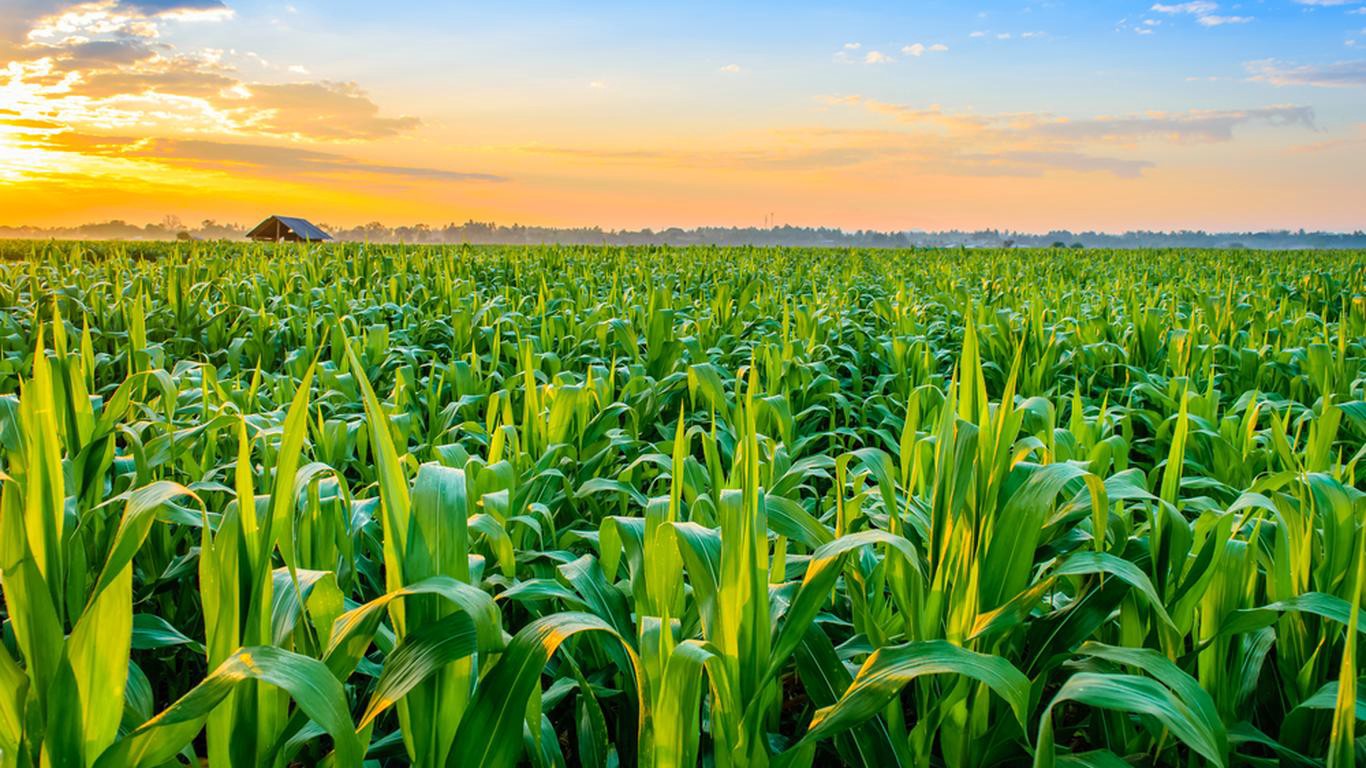Agri-Business Development Fostering Entrepreneurship In Agriculture
PrecisionAg: Fostering a Culture of Innovation in Agriculture - MIT

With advancements in technology, the agriculture industry is experiencing a revolution like never before. The use of precision agriculture techniques and innovative solutions is leading to increased efficiency, productivity, and sustainability in farming practices. This article explores the culture of innovation in agriculture and how organizations like MIT are playing a vital role in fostering advancements in the field.
What is Precision Agriculture?
Precision agriculture, also known as precision farming or site-specific crop management, is a farming approach that utilizes technology to make farming practices more accurate and efficient. By leveraging technologies like GPS, remote sensing, and data analytics, precision agriculture enables farmers to optimize their use of resources, improve crop yields, and reduce environmental impacts.
Ideas For Precision Agriculture
There are several key areas where precision agriculture can make a significant difference in farming practices:
1. Precision Planting: By using data-driven insights and GPS technology, farmers can optimize their seed planting patterns, ensuring each seed is placed in the most favorable conditions for growth. This leads to improved crop uniformity and higher yields.
2. Variable Rate Fertilization: Instead of uniformly applying fertilizers across an entire field, precision agriculture allows farmers to vary the rate of fertilizer application based on the specific needs of different areas within the field. This targeted approach reduces waste and saves costs while ensuring optimal nutrient levels for plant growth.
3. Smart Irrigation: Precision agriculture techniques enable farmers to monitor soil moisture levels in real-time and deliver water to crops when and where it is needed the most. This prevents over-irrigation and helps conserve water resources.
4. Data Analytics: The collection and analysis of large-scale data can provide valuable insights for farmers. By analyzing data related to weather patterns, soil conditions, crop performance, and pest infestations, farmers can make more informed decisions and take proactive measures to optimize their farming practices.
Recommendations for Implementing Precision Agriculture
To successfully implement precision agriculture techniques, it is crucial for farmers to consider the following recommendations:
1. Invest in Technology: Acquire the necessary tools and equipment required for precision agriculture, such as GPS receivers, drones, sensors, and data management systems. While the initial investment may be high, the long-term benefits outweigh the costs.
2. Data Management: Develop a robust data management system to collect, store, and analyze farming data. This might involve employing experts in data analytics or partnering with agronomic technology companies that specialize in agriculture data management.
3. Training and Education: Provide training and educational resources to farmers and farm workers to ensure they have the necessary skills and knowledge to effectively utilize precision agriculture technologies. This might include workshops, seminars, and online courses.
4. Collaboration and Knowledge Sharing: Foster collaboration and knowledge sharing among farmers, researchers, and technology providers. By sharing best practices and lessons learned, the entire agriculture community can benefit and accelerate the adoption of precision agriculture techniques.
Listicle of Benefits of Precision Agriculture
1. Increased Crop Yields: Precision agriculture techniques, such as optimized planting patterns and variable rate fertilization, have shown to significantly increase crop yields. This means farmers can produce more with the same amount of land, thereby meeting the growing food demand of a rapidly increasing global population.
2. Environmentally Sustainable Farming: Precision agriculture helps reduce the use of pesticides, fertilizers, and water by targeting their application only where necessary. This not only reduces the environmental impact but also minimizes the risk of contamination of surrounding ecosystems.
3. Cost Savings: By optimizing resource utilization, farmers can save costs by reducing the amount of inputs required. Precision planting and variable rate fertilization techniques result in efficient use of seeds and fertilizers, leading to significant cost savings.
4. Increased Efficiency: Automation and real-time monitoring enable farmers to make immediate adjustments to their farming practices. This enhances overall efficiency and productivity, minimizing time and resource wastage.
Question & Answer
Q: What is the role of technology in precision agriculture?
A: Technology plays a crucial role in precision agriculture by enabling farmers to collect and analyze data, make informed decisions, and implement optimized farming practices. Technologies like GPS, drones, sensors, and data management systems provide the necessary tools for precision agriculture implementation.
Q: How does precision agriculture contribute to environmental sustainability?
A: Precision agriculture helps reduce the environmental impact of farming practices by minimizing the use of pesticides, fertilizers, and water. By targeting these resources only where necessary, precision agriculture decreases contamination risks and promotes sustainable farming practices.
Summary of Precision Agriculture and Innovation in Agriculture
Precision agriculture, driven by innovation, is revolutionizing the agriculture industry. By leveraging technology, farmers can optimize their use of resources, increase crop yields, and minimize environmental impacts. The adoption of precision agriculture techniques is essential for sustainable and efficient farming practices, and organizations like MIT are at the forefront of fostering this culture of innovation in agriculture.
In conclusion, precision agriculture offers immense potential for transforming the way we farm. Through the utilization of advanced technologies and data-driven insights, farmers can maximize their yields, reduce costs, and contribute to sustainable agricultural practices. The collaborative efforts of farmers, researchers, and technology providers are vital for the continued advancement and adoption of precision agriculture. As we embrace innovation in agriculture, we pave the way for a brighter and more sustainable future for the industry.

Post a Comment for "Agri-Business Development Fostering Entrepreneurship In Agriculture"